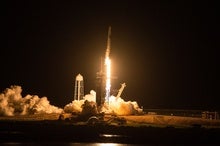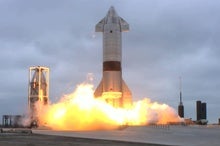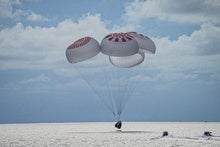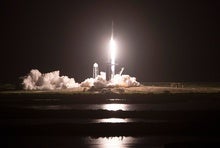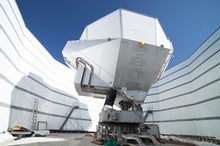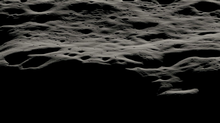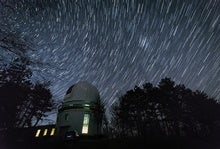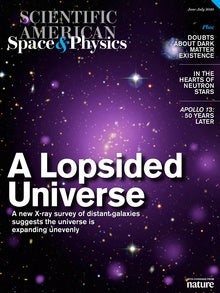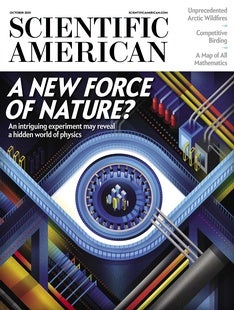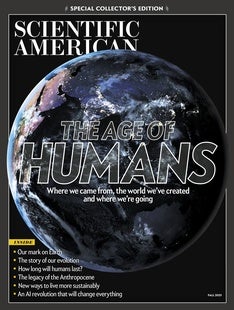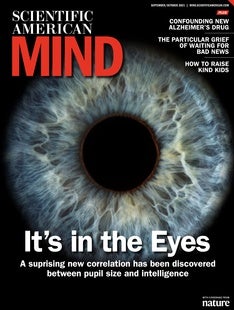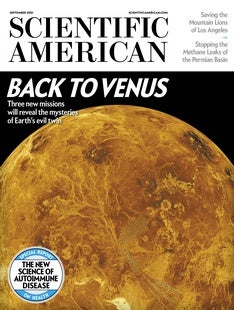 |
| September 23, 2021 |
Dear Reader,
Our lead story this week concerns NASA's James Webb Space Telescope, a $10-billion observatory designed to revolutionize astrophysics and cosmology--provided it can overcome a few worrisome obstacles. Before it can help rewrite our science textbooks, Webb first has to endure a long sea voyage, a nailbiting rocket launch, and a high-stakes deployment sequence as it travels 1.5 million kilometers from Earth to its deep-space destination. Elsewhere this week, we have stories about a proposed new form of dark energy, the announcement of a landing site for a future lunar rover, the dubious benefits of billionaire-funded private spaceflights, and more. Read on! |
| |
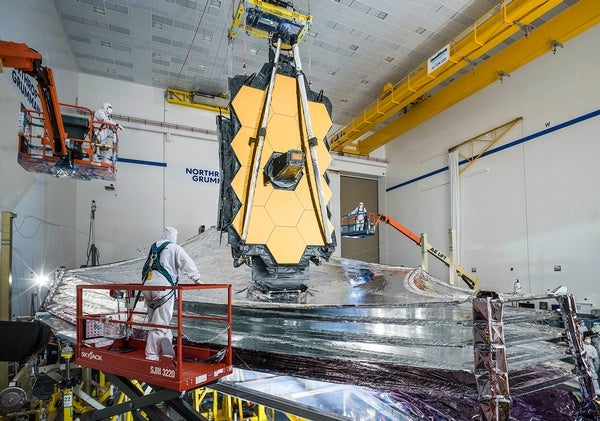 |
| |
| |
| |
| |
| |
| |
| |
| |
| |
FROM THE STORE
 | | | |
| |
| |
FROM THE ARCHIVE
 | | | |
LATEST ISSUES
 |
| |
| Questions? Comments?  | |
| Download the Scientific American App |
| |
| |



